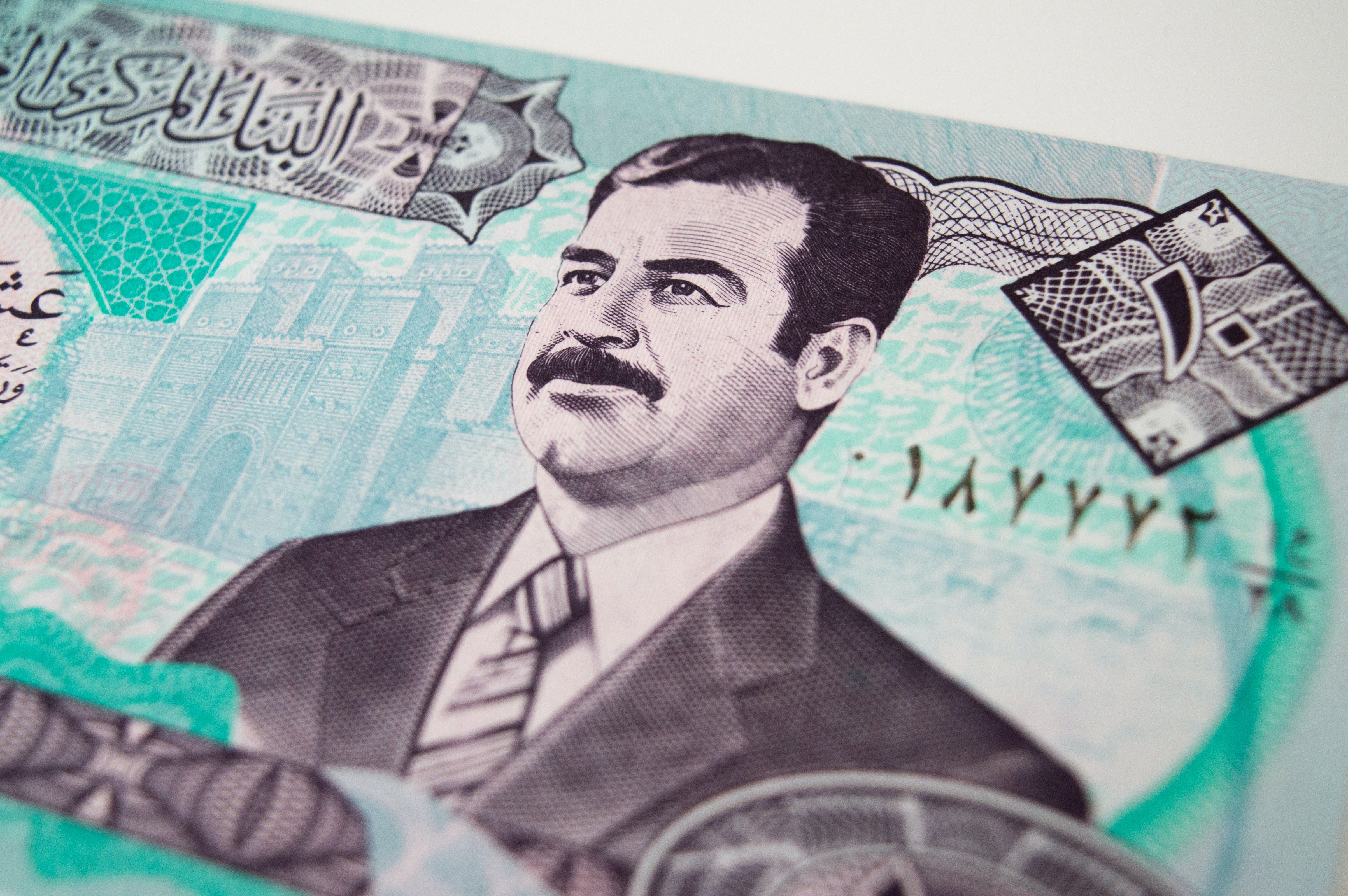The Growth And Potential Of Islamic Finance In Global Markets

The growth and potential of Islamic finance in global markets is a subject that draws attention from economists and financial analysts worldwide. Born from Muslim societies' financial needs, Islamic finance is now an integral element of the global financial landscape. As financial markets become more heterogeneous, the significance of Islamic banking and finance only rises.
To make sense of this trend, we must first understand Islamic finance. Rooted in the principles of Shariah, or Islamic law, ethical principles inform Islamic finance, proscribing interest (usury) and speculative trading (gambling). Conventional finance, on the other hand, places no such restrictions, leading to significant differences in financial products between these systems. The Islamic financial market extends a variety of products, including Sukuk (bonds), Mudarabah (profit-sharing contracts), and Musharakah (joint venture agreements), playing an instrumental role in global markets.
The growth and potential of Islamic finance in global markets mirrors the surging popularity of these products. Indeed, data suggests a sharp rise of Islamic finance in recent years. This growth owes much to various factors, with an increasingly affluent Muslim population and the desire for ethical finance standing at the forefront. Furthermore, regions with a significant Muslim presence, such as the Middle East and Southeast Asia, are witnessing a remarkable surge in Islamic finance.
Yet, there remains untapped potential in Islamic finance in global markets. Given its ethical underpinnings, Islamic finance could influence global banking towards greater sustainability, fostering greater stability in global financial markets. However, advancing Islamic finance to its full potential is not without challenges. Regulatory issues, lack of awareness, and the need for standardization are some hurdles, resolving which requires extensive dialogues among stakeholders.
Navigating these challenges, the growth and the potential of Islamic finance in global markets could bring significant implications. Foremost is the potential for enhancing financial stability. By discouraging speculation and excessive risk-taking, Islamic finance can inject prudence into financial systems. Additionally, Islamic finance aligns well with the global trend towards ethical and sustainable finance, offering prospects for a new model banked upon these principles.
The future outlook for Islamic finance remains promising. As awareness grows and more nations accommodate Islamic banking, its influence is set to expand. As such, financial markets should prepare accordingly, adapting to the unique characteristics of Islamic finance and incorporating these into their own systems, contributing to both diversity in financial services and greater financial stability.
The growth and potential of Islamic finance in global markets present a compelling narrative for global finance. As we inch towards an increasingly inclusive and ethical financial future, Islamic finance will undoubtedly play a cardinal role. As with any paradigm shift, challenges will persist, but the prospects appear promising, offering interesting implications for global financial markets.
Author: Gerardine Lucero
Riyadh Metro Spurs Residential Property Boom: Knight Frank
RIYADH: The opening of the Riyadh Metro has transformed the Saudi capital’s housing market, with villa prices near s... Read more
Saudi POS Transactions Hold Above $3bn In Mid-October
RIYADH: Saudi Arabia’s point-of-sale transactions remained above the $3 billion mark for the third consecutive week, u... Read more
IMF Expects MENA Inflation To Ease In 2025 And 2026
RIYADH: Lower energy costs will help inflation ease to 12.2 percent this year and 10.3 percent in 2026 across the Middle... Read more
Global ESG Sukuk Market Hits Record $6.5bn In Q3, Set For Strong 2026, Says Fitch
RIYADH: The global market for environmental, social and governance sukuk reached a record $6.5 billion in the third quar... Read more
Saudi Ride-hailing Trips Surge 78% In Q3, Topping 39m
RIYADH: Saudi Arabia’s ride-hailing sector witnessed a major surge during the third quarter of 2025, reaching 39.04 mi... Read more
PIFs EA Deal: Whats Happening Behind The Scenes In Esports?
RIYADH: Just weeks after the conclusion of the second edition of the Esports World Cup, the Saudis were ready for the ne... Read more

